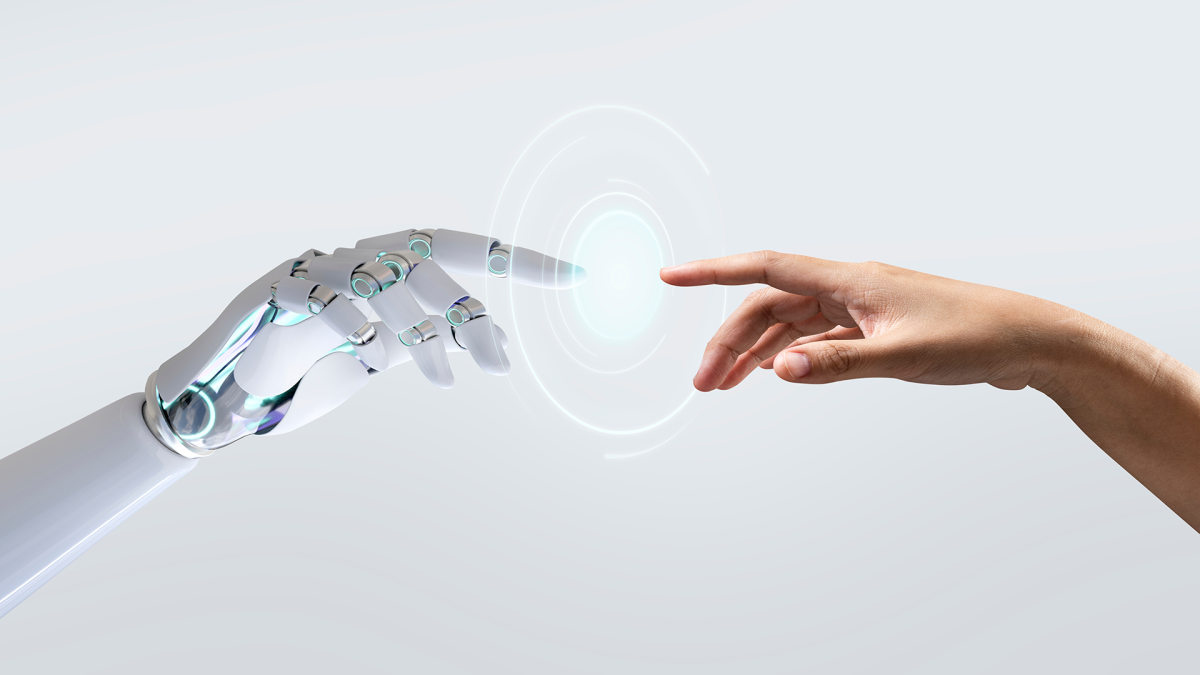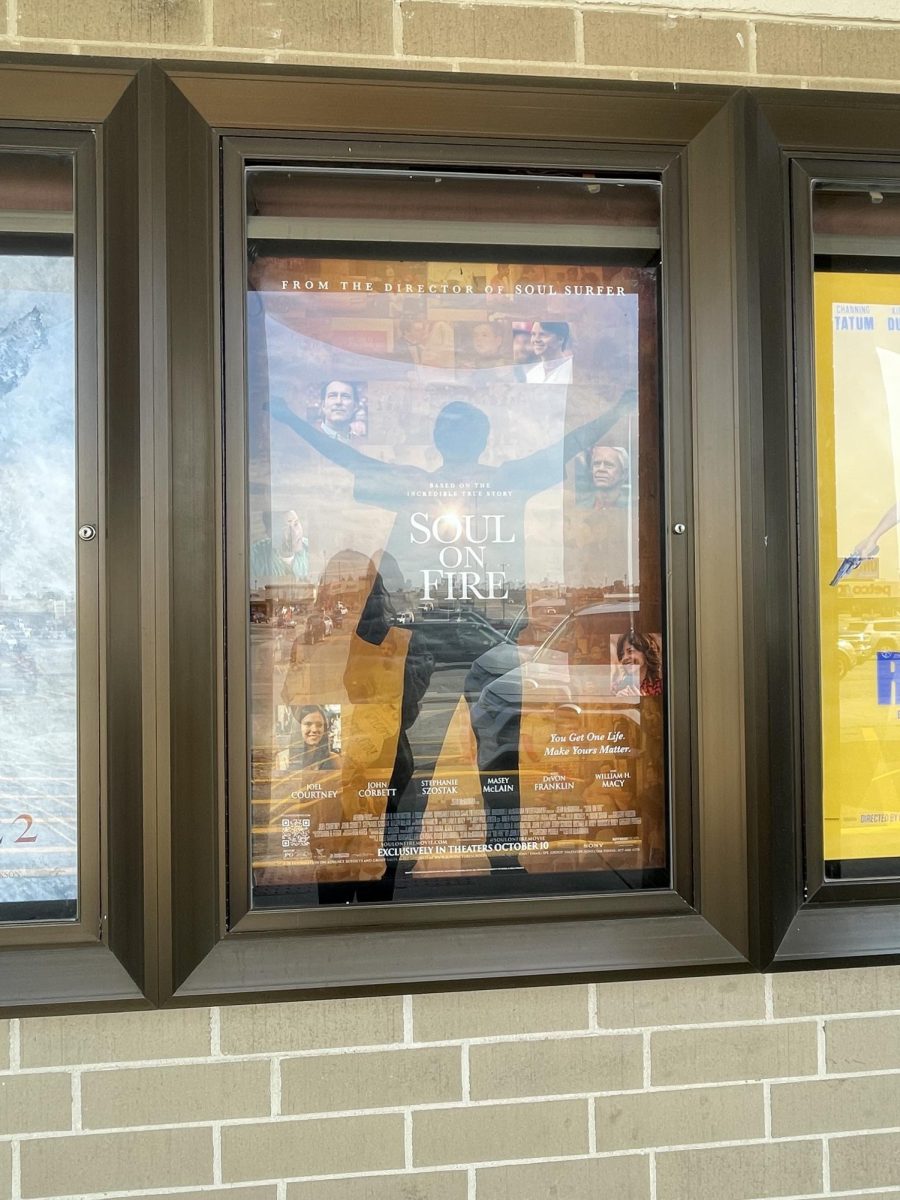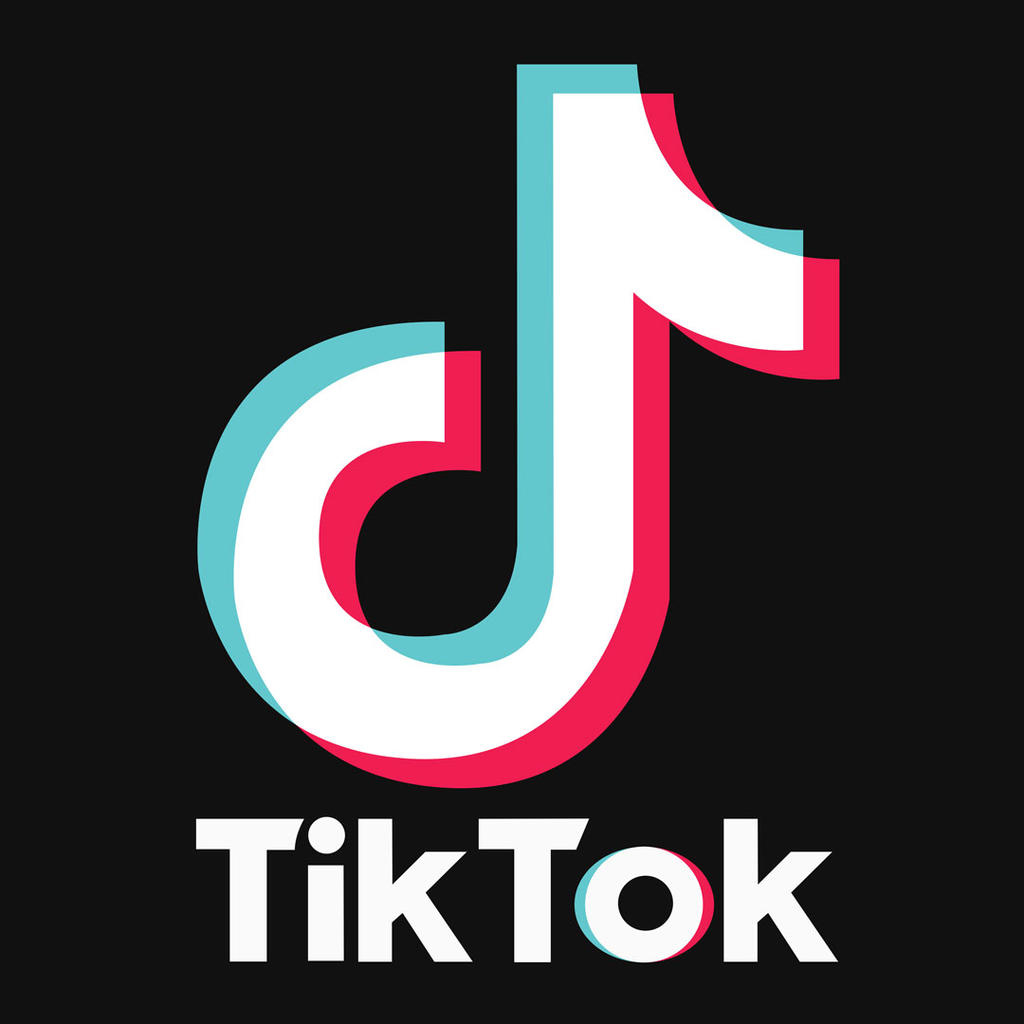The rise of Artificial Intelligence in our ever-changing society is inevitable. This affects a wide range of spaces spanning throughout politics, entertainment, and more importantly, education. You cannot have politics or entertainment without education; everything starts with learning. Inside of today’s average high school, AI has taken over every possible corner. From teachers to students, it can be used for both positive and negative change. Benefits include eliminating human error, unbiased decision making, data acquisition and analysis, and so forth. Some hurdles may consist of job displacement, privacy concerns, the risk of misinformation, etc.
Amidst all of these important factors, one undeniable truth is the convenience of AI. As a high school student, with a few swipes and a click of a button, one can have a whole thesis paper written for them. With new inventions and discoveries happening every day, it makes it hard for there to be guidelines set in place against the use of AI in classrooms. With the uncertainty of it, plenty of teachers struggle with how to effectively exclude or include it in their teaching. Some use AI-checkers, and others encourage students to use the available AI study tools and auto-generation.
When observing the National Assessment of Educational Process, a nationwide test used to measure and report on students’ preparedness for post-graduation, test scores are marginally lower compared to the years prior. For example, according to the National Center for Education Statistics, in 2024, the average reading score for the nation at grade 12 was three points lower than in 2019. Compared to the first reading assessment in 1992, the average score was 10 points lower in 2024. These statistics are direct evidence towards the effects of AI on the high school population.
The kids with actively decreasing test scores are newly or soon-to-be 18 years old, meaning they will be able to vote in the 2028 election. The growing illiteracy of the younger generations will fuel the already swarming space of misinformation with more easily susceptible people who can be a hive mind harboring inaccurate rhetoric. People tend to like being told what to do or think, but without challenging what one is being told and having the ability to formulate a personal opinion, society can become emotionless and robotic. Instead of just following what the news headline said or what a TikTok FYP is pushing, one should critically formulate opinions beyond just exactly what they are systematically being told.
The integration of AI into the high school space has changed not only how students learn, but how they think and engage in today’s society. As a high school student, one can have a whole thesis paper written for them in two seconds. This eliminates the much-needed learning experiences that students use during and beyond their high school careers. Without picking up on these critical thinking skills, this ultimately leads to a population who are highly susceptible to misinformation. Instead of just following the crowd, one should critically formulate opinions beyond what they are systematically being told.















